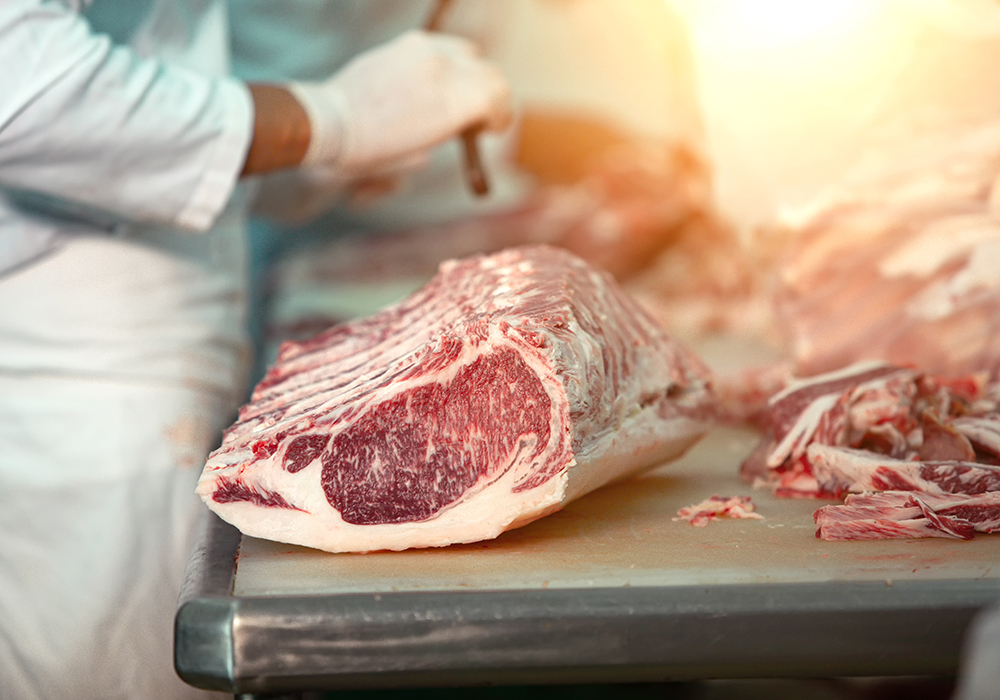Alberta plans to build on its agri-food investment strategy by announcing a new tax credit will be part of the upcoming provincial budget.
The Alberta Agri-Processing Investment Tax Credit is expected to provide a 12 percent non-refundable credit to corporations making a minimum $10 million investment in the provincial agri-food processing industry.
“We’ve heard from Alberta producers and processors that we need to do more to help grow our province’s agri-processing industry,” said Agriculture Minister Nate Horner during a media announcement on the program. “Alberta has all the fundamentals to support a robust value-added industry that will create jobs and diversify our economy and ensure producers have a competitive market for their goods.”
Read Also

New coal mine proposal met with old concerns
A smaller version of the previously rejected Grassy Mountain coal mine project in Crowsnest Pass is back on the table, and the Livingstone Landowners Group continues to voice concerns about the environmental risks.
Horner highlighted the success of the provincial agri-food processing strategy launched in 2019, which has exceeded expectations.
“The strategy set out to attract $1.4 billion in new investment and create 2,000 jobs between April 2019 and March 2023,” said Horner. “Last year, we announced we reached the milestone early, hitting the $1.4 billion mark in only three years.”
Alberta Finance Minister Travis Toews said demand is growing for food production.
The new tax credit “will increase Alberta’s ability to maximize on opportunities and to meet our responsibility to the world,” said Toews.
Details of the program won’t be fully released until the budget is released later this year.
Asked whether it will be available to expand existing facilities or only new ones, Horner said the program is “for new investment. That could mean expansion of current facilities, but that is the intention, for new investment.”
Horner added the criteria for eligible projects is still being created but, “if you assume anything that takes a raw agricultural commodity, changes it and adds value in some way, that fits the model.”
According to the government, food manufacturing is the largest manufacturing sector in the province, making up nearly a quarter of sales in the province in 2021, recording total sales of more than $20 billion in the same year and employing more than 22,000 Albertans.


















